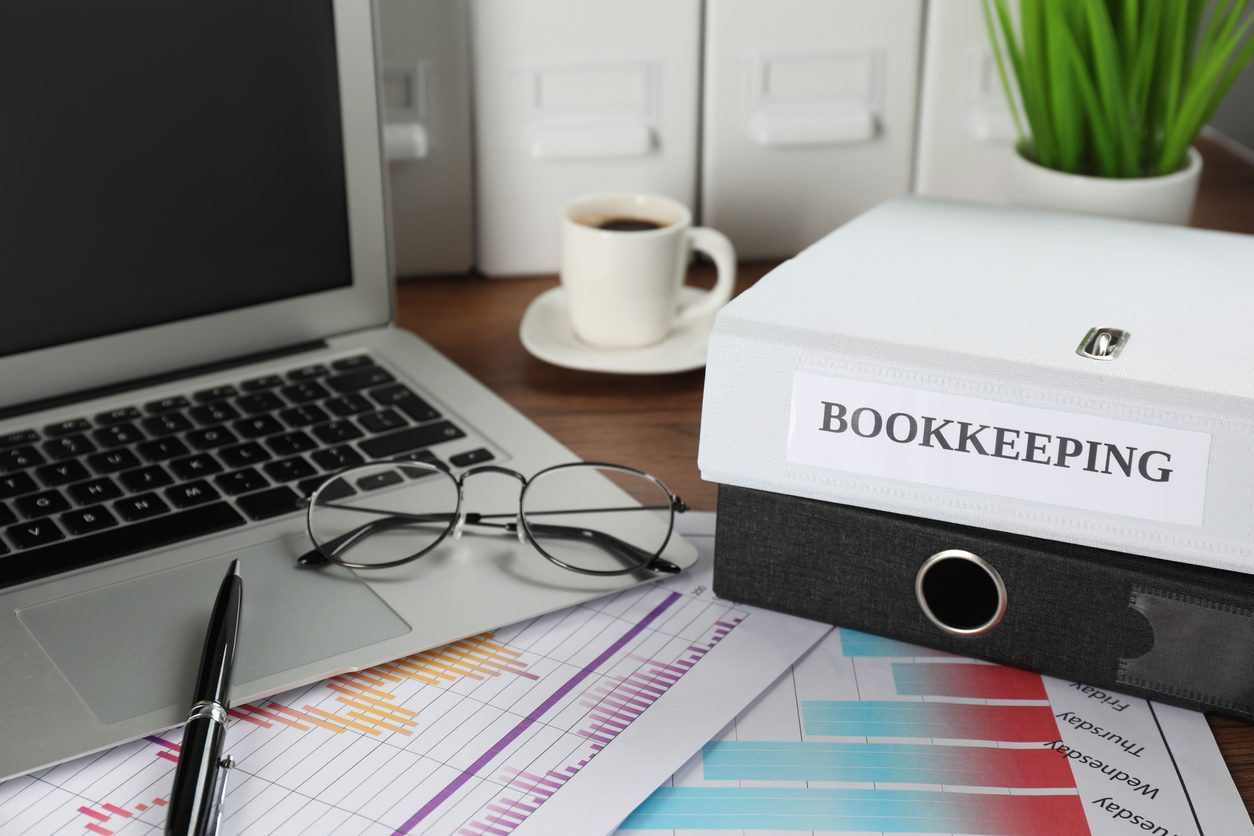Is Online Bookkeeping Safe and Secure?

TL;DR (Quick Summary)
Online bookkeeping can be safe and secure if you choose a reputable provider, ensure they use strong data encryption, follow strict access controls, and implement cybersecurity best practices. While risks exist—like hacking and data breaches—most cloud-based bookkeeping platforms invest heavily in data protection, encryption, and compliance measures to safeguard your financial information.
The Short Answer: Is Online Bookkeeping Safe?
Yes—but with conditions.
Modern online bookkeeping solutions are as secure, if not more secure, than traditional bookkeeping methods when you choose the right provider and implement the right safeguards. Think of it like online banking: it’s widely used because of advanced encryption, strict compliance, and regular security audits.
However, security isn’t just about the provider—it’s also about how you use the service. Weak passwords, unsecured networks, and poor access management can expose your financial data, no matter how secure the platform is.
Why Many Businesses Are Switching to Online Bookkeeping
The shift to cloud-based bookkeeping is no surprise. It offers:
- Convenience: Access your books anytime, anywhere.
- Real-time updates: No more delays in reconciling accounts.
- Collaboration: Teams and accountants can work simultaneously.
- Cost-effectiveness: No need for bulky on-premise software.
But with these benefits comes the big question: Is my financial data safe with online bookkeeping services?
Understanding Online Bookkeeping Security
How Secure Is Online Accounting?
Leading online bookkeeping platforms implement bank-level security, which often includes:
- End-to-end encryption (SSL/TLS): Ensures data can’t be intercepted.
- Multi-factor authentication (MFA): Adds an extra layer of protection.
- Role-based access control: Limits who can see sensitive data.
- Automatic backups: Protects against data loss.
- Compliance with regulations, Such as GDPR, SOC 2, or ISO 27001.
When asking “Is cloud-based bookkeeping secure?”, the answer is yes—if your provider prioritizes these measures.
Online Bookkeeping Risks and Benefits
Like any digital tool, online bookkeeping has both pros and cons:
Benefits:
- Enhanced security: Encrypted storage and real-time backups.
- Reduced human error: Automated processes lower mistakes.
- Better disaster recovery: Cloud backups prevent loss from fires, theft, or hardware failure.
Risks:
- Cyberattacks: Hackers may target unprotected systems.
- User negligence: Weak passwords, unsecured Wi-Fi, or phishing attacks.
- Vendor reliability: Using an unverified provider can lead to breaches.
This highlights why protecting financial data in online bookkeeping requires a shared responsibility between provider and user.
How Cloud-Based Bookkeeping Keeps Your Data Secure
Wondering “how secure is cloud-based bookkeeping for small businesses?” Here’s how most reputable platforms safeguard your data:
- Data encryption (AES-256): The same level used by banks.
- Continuous monitoring: Threat detection systems run 24/7.
- Regular penetration testing: Identifies vulnerabilities before hackers do.
- Strict data centers: Physical security with biometric access controls.
By combining these with user-side best practices, cloud-based bookkeeping can be safer than traditional methods like storing files on a local computer or filing cabinet.
Addressing the Biggest Worry: Data Privacy & Cloud Tools
Many business owners hesitate because they fear losing control of their financial data. Here’s the solution:
- Choose the right provider: Look for the best secure online bookkeeping services with strong reputations, like QuickBooks Online, Xero, or FreshBooks.
- Check their security certifications: Ensure they comply with SOC 2, GDPR, or ISO 27001.
- Control who has access: Use role-based permissions to limit exposure.
- Implement cybersecurity measures: Use VPNs, strong passwords, and MFA.
When done correctly, cybersecurity for bookkeeping becomes a business strength, not a liability.
Best Practices for Secure Online Bookkeeping
Here’s how to make sure your online bookkeeping stays safe:
- Use only trusted software: Opt for safe bookkeeping software for small businesses that undergo regular audits.
- Enable multi-factor authentication: Don’t rely on passwords alone.
- Train your team: Educate staff on phishing and security best practices.
- Regularly update passwords: Use complex, unique passwords and change them periodically.
- Review access logs: Ensure only authorized people access sensitive info.
- Backup data frequently: Even cloud services should have redundancy.
These best practices for secure online bookkeeping will significantly reduce your risk.
FAQs About Online Bookkeeping Security
1. Is online bookkeeping really safe for my business?
Yes, when you choose a reputable provider and follow cybersecurity best practices.
2. What security measures do online bookkeeping services use?
They use encryption, multi-factor authentication, access controls, and compliance certifications like SOC 2 and GDPR.
3. How does cloud-based bookkeeping keep my data secure?
Data is stored in encrypted servers, monitored 24/7, and backed up regularly to prevent loss or breaches.
4. Are there risks to using online bookkeeping software?
Yes, but risks are minimized with secure platforms and good user practices.
5. Can hackers access my financial data through online bookkeeping?
Only if you or your provider lacks proper security, choose certified services and secure your login credentials.
6. How can I make sure my online bookkeeping service is secure?
Verify certifications, encryption standards, and user access controls before signing up.
7. What’s the difference between online bookkeeping and traditional bookkeeping in terms of security?
Online systems rely on digital security protocols, while traditional methods risk physical theft, damage, and limited backups.
8. Are popular online bookkeeping platforms like QuickBooks or Xero secure?
Yes, they use bank-grade encryption and strict compliance standards.
9. What should I look for in a secure bookkeeping service provider?
Check for strong encryption, regulatory compliance, positive user reviews, and transparent security policies.
10. What are the best practices for protecting my financial data online?
Use MFA, strong passwords, VPNs, and regularly review your account for suspicious activity.
Final Thoughts: Is Online Bookkeeping Safe?
Online bookkeeping is safe and secure when approached correctly. By combining reliable providers, robust cybersecurity practices, and ongoing vigilance, businesses can enjoy the convenience of the cloud without compromising data privacy.
If you’re still unsure, consider consulting a cybersecurity expert to review your bookkeeping setup. The future of finance is digital—make sure your business is prepared.